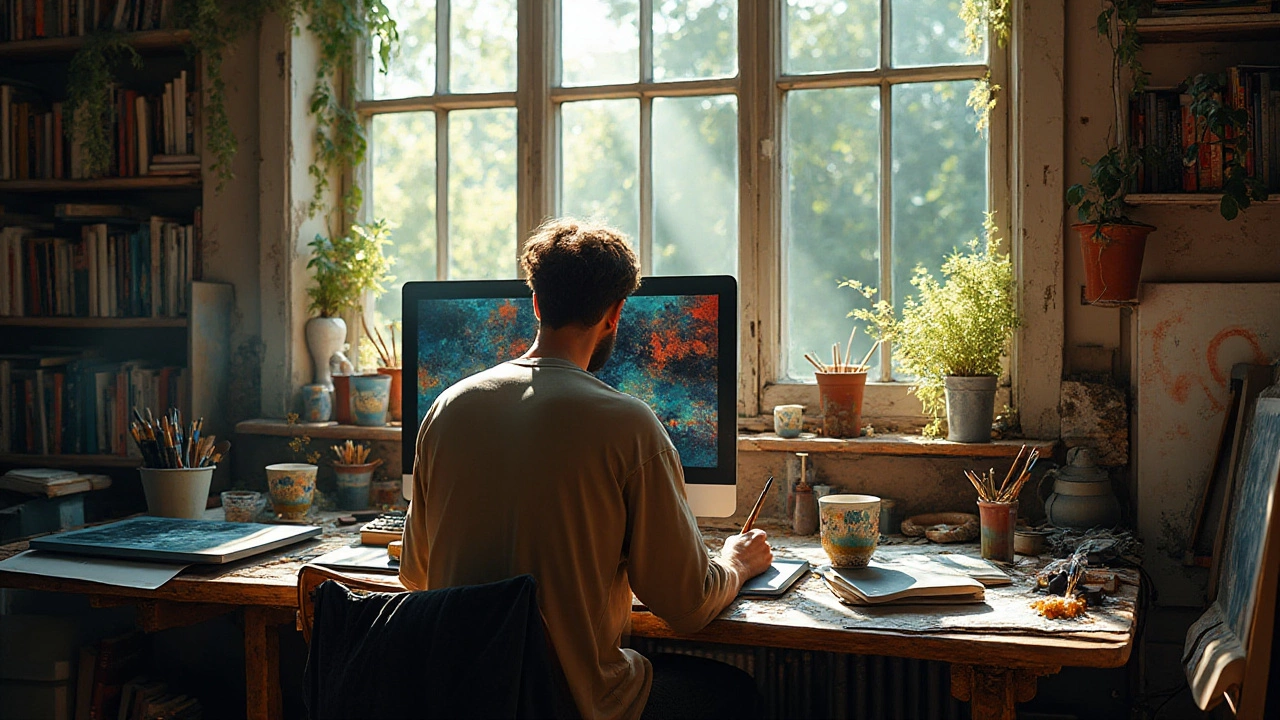Copyright Basics Every Artist Should Know
If you make art, designs, or templates, you probably wonder how copyright works and whether you can sell your stuff online. The good news is that copyright is built‑in the moment you create something original. That means you already own the rights, you just need to understand how to use them.
First, remember that copyright protects the expression of an idea, not the idea itself. Your sketch, digital illustration, or photo is covered, but the concept behind it isn’t. This matters when you reuse a theme or style – you’re safe as long as you don’t copy someone else’s exact work.
Common Pitfalls When Selling Templates
Many creators sell Canva templates on Etsy or other marketplaces. The biggest mistake is assuming every element in a template is yours. Canva provides fonts, graphics, and photos that are often licensed for personal use only. If you include those in a product you sell, you could be infringing someone else’s rights.
To stay clear, stick to elements that are either your own, labeled for commercial use, or in the public domain. Check the license details for every asset you add. When in doubt, replace it with a safe alternative or create your own version.
Practical Steps to Protect Your Work
1. **Add a copyright notice** – a simple "© Your Name Year" on your files tells buyers you own the work. It doesn’t replace a registration, but it helps.
2. **Register your work** – in many countries you can register online for a low fee. Registration gives you stronger legal options if someone copies you.
3. **Use watermarks for previews** – show a low‑resolution or watermarked version on your shop page. Buyers see the design, but thieves can’t easily steal high‑quality files.
4. **Write clear license terms** – tell buyers exactly what they can do with your product. Can they edit it? Use it for commercial projects? Having a written license reduces confusion and protects you.
5. **Monitor the web** – set up Google alerts for your product name or unique phrases. If you spot unauthorized copies, you can request removal or negotiate a license.
Following these steps doesn’t guarantee you’ll never face a dispute, but it makes it much harder for someone to take advantage of your work.
Finally, keep learning. Copyright law changes, and platforms like Etsy and Canva update their policies regularly. Bookmark reliable resources, join creator forums, and stay curious. The more you know, the more confidently you can sell your art without fearing legal trouble.
Got a specific question about a template or a license clause? Drop a comment below – chances are someone else has the same doubt, and the community can help you out.
